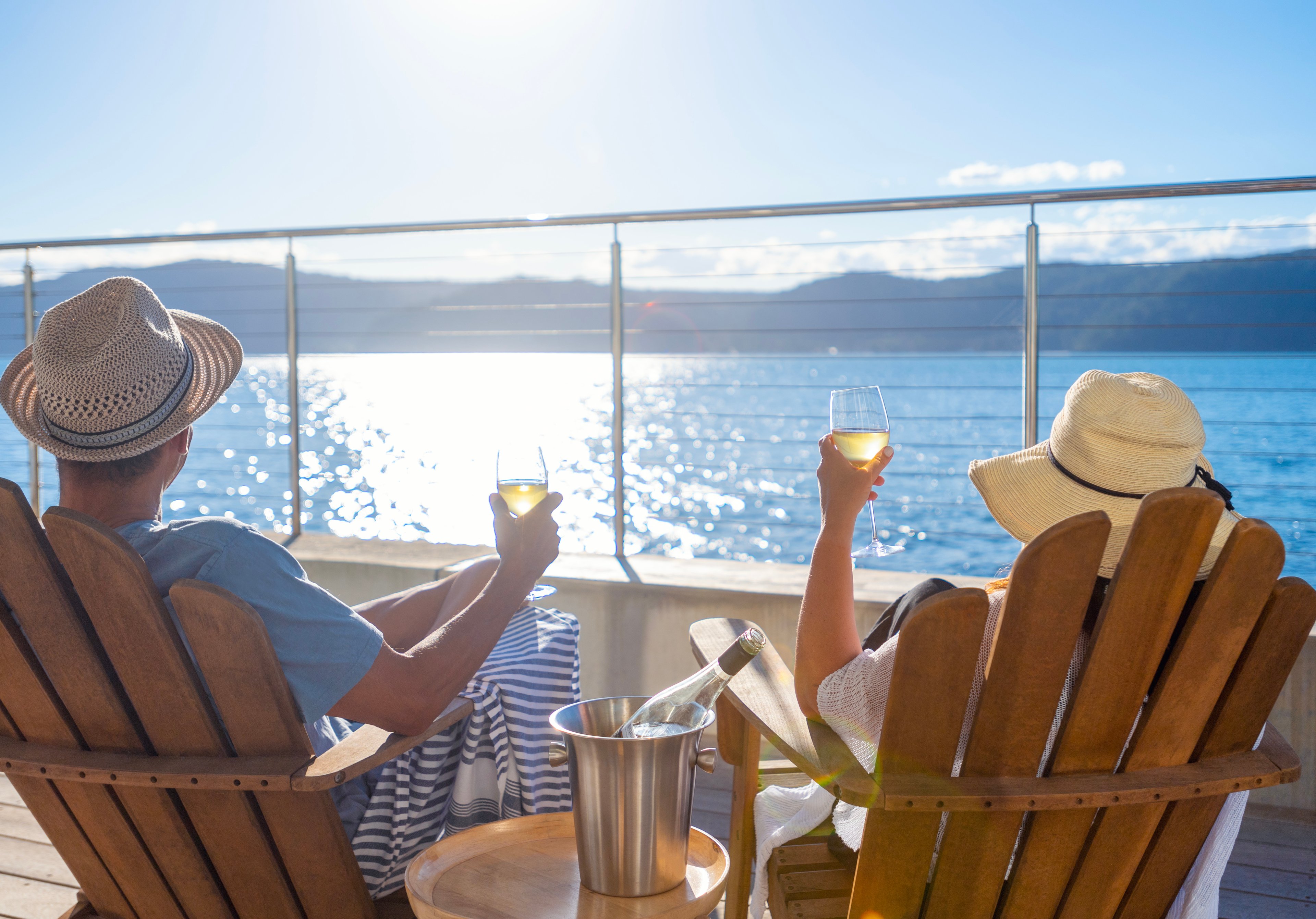Marriott International Inc. (MAR +2.00%) is a few months away from celebrating the two-year anniversary of its September 2016 acquisition of Starwood Hotels and Resorts Worldwide. The merger created the world's largest hotel company, now claiming nearly 1.27 million rooms under a single umbrella.
Though it's turned in a relatively flat performance year to date, the MAR ticker symbol has risen 102% since the merger. Marriott has won the esteem of investors in part by demonstrating that scale doesn't necessarily have to curb a company's economic engine.
Take unit revenue, for example. In the company's first-quarter 2018 results, reported in May, global systemwide revenue per available room (revPAR) rose 3.6% against the prior-year quarter. This constitutes solid growth in the hospitality industry, given an environment of moderate global economic expansion. Alongside first-quarter earnings, Marriott's management revised full-year 2018 revPAR by a full 1.5 percentage points, to a range of 3% to 4%.

Image source: Getty Images.
Future revenue will be supported by new properties gradually entering the market under the company's 30 luxury and midtier brands. With more than 2,700 hotels under development, encompassing approximately 465,000 rooms, Marriott boasts the largest development pipeline of guest rooms in the world.
Aside from the functional levers of amplifying revenue per room, and simply adding more rooms, the organization is exploring several innovative strategies to continue to protect and expand its market share. Let's review three initiatives that management discussed during Marriott's first-quarter earnings conference call in May. They highlight how innovation plays a key role in the hospitality behemoth's growth strategy.
1. Taking the concept of room nights to the open seas

Image source: The Ritz-Carlton.
Less than a year after an initial concept announcement, reservations open this month for ocean voyages on ships in the Ritz-Carlton Yacht Collection. Three custom-built yachts are set to sail in 2020, each with a capacity of 149 staterooms, or in passenger terms, 298 guests. At 24,000 gross tonnage each, these large yachts are still rather small as cruising vessels, adding to their elite allure. Promising a higher-end experience than a typical luxury cruise, Marriott has indicated that fares for a seven-day itinerary will start at $5,600 per person.
The company is developing this new revenue stream within its typical capital-light model. Alternative investment management firm Oaktree Capital Management LP will provide funding, and presumably hold ultimate title to the ships. In return, Marriott will operate the venture and license its branding under the new Ritz-Carlton Yacht Collection label. Structuring deals this way has long enabled Marriott to earn a superior return on invested capital (ROIC), while minimizing its own risk on investment-intensive projects.
2. Fast-forward with Fliggy
As of late, Marriott is looking increasingly to the burgeoning Asia-Pacific leisure travel market as a source of sustainable long-term expansion. The company recently announced that it's building on its partnership with Chinese e-commerce giant Alibaba (NYSE: BABA) by rolling out Post Post Pay (PPP) across 1,000 hotels globally.
PPP is a credit-based service that allows previously qualified users of Fliggy, Alibaba's travel service, to book hotel reservations without a deposit, and enjoy "a comprehensive wallet-free experience during their stay." PPP also includes express checkout service, with automatic settling of room charges and incidental expenses after checkout.

The whimsical joint venture image which combines the Fliggy Mascot and Marriott's logo. Image source: Marriott International.
In April, Marriott extended its storefront on Fliggy to include 6,000 hotels globally across its 30 brands. And the company intends to certify 1,000 hotels globally in its Li Yu program, a hospitality service that aims to make Chinese citizens feel welcome as they travel abroad.
It's still quite early in the Marriott/Alibaba partnership, which was launched last August. The company hasn't quantified any earnings benefits from the tie-up yet. However, during Marriott's first-quarter earnings call, CEO Arne Sorenson said, "We think we can deliver real value to Alibaba's Chinese membership about 500 million strong, and we can drive great results for [Marriott], and it should be successful for both of us."
3. A foray into the world of Airbnb
After years as an onlooker in the short-term home rental market, Marriott is now conducting a six-month test of the concept in London, using the services of London-based management company Hostmaker. Management sees an opportunity for upscale, short-term rentals, and aims to bring Marriott-level service and quality to travelers seeking a curated home-stay experience.
Marriott is initially marketing the service, Tribute Portfolio Homes, under the aegis of its independent hotel brand, The Tribute Portfolio. Sorenson acknowledged that the company has been slow to jump into a market currently dominated by privately held home-stay pioneer Airbnb, but he argued that the delay has been intentional.
In its earliest iterations, Sorenson noted, Airbnb's model did not comply with local laws in most of the cities it operated within. Company executives feel comfortable that the lodging giant can now enter the business in a manner compliant from tax and legal perspectives, while still making economic sense.
Tribute Portfolio Homes consists of roughly 200 apartments and detached properties, with nightly rentals ranging on average from $200 to $1,000. Marriott believes that the current market suffers from a lack of branding, an "almost paralyzing array of choices," and inconsistent quality and service -- pointing to an opportunity for multiple Marriott brands. While this initiative is still in the testing phase, it already appears that the company will make a more powerful incursion into Airbnb's market -- and challenge it for upper-tier listings -- quite soon.







